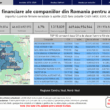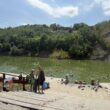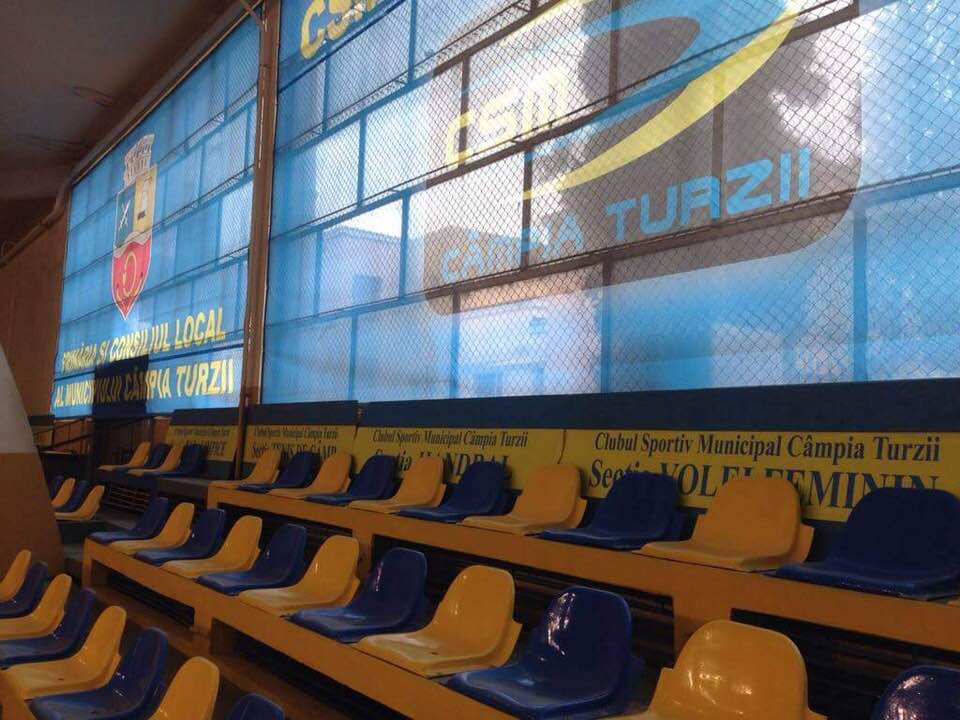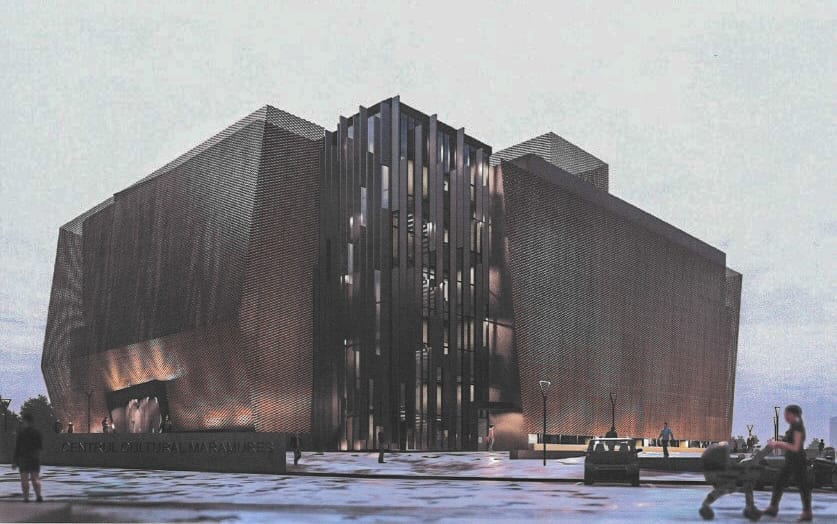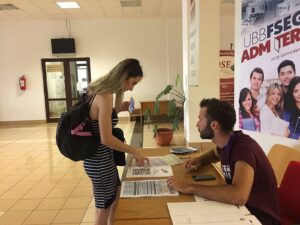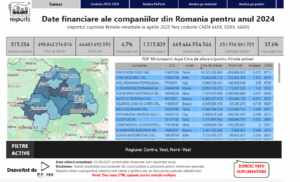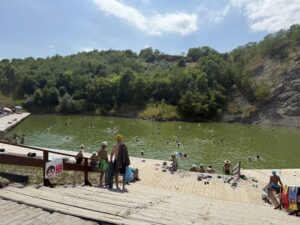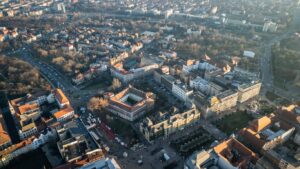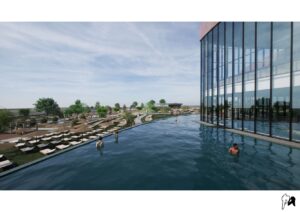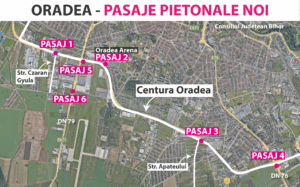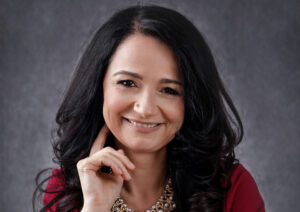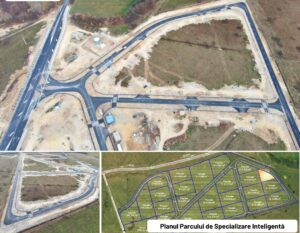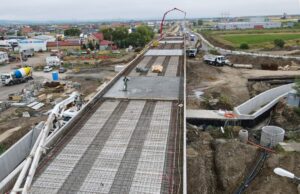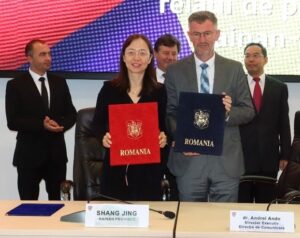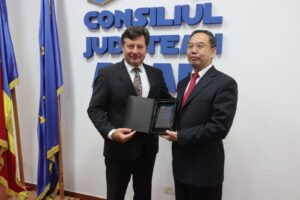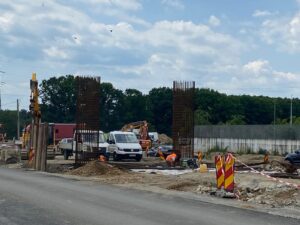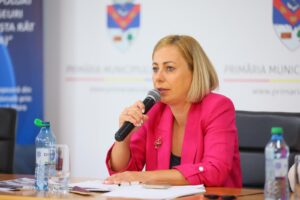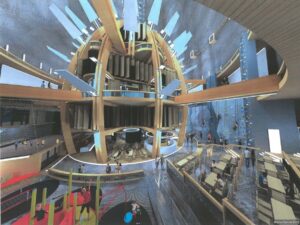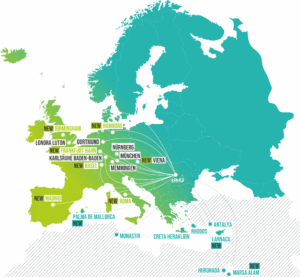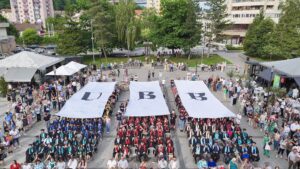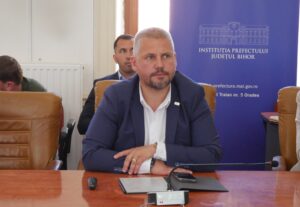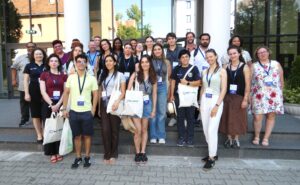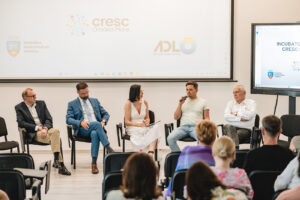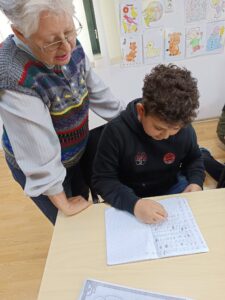The opening of the branch in Hamburg, Germany, of the University of Medicine, Pharmacy, Science and Technology (UMFST) from Târgu Mureş is a visionary idea that will place Târgu Mureş „in a position of maximum international visibility”. More details will be provided by Professor Leonard Azamfirei, PhD, Rector of the University of Medicine, Pharmacy, Sciences and Technologies of Târgu Mureș.
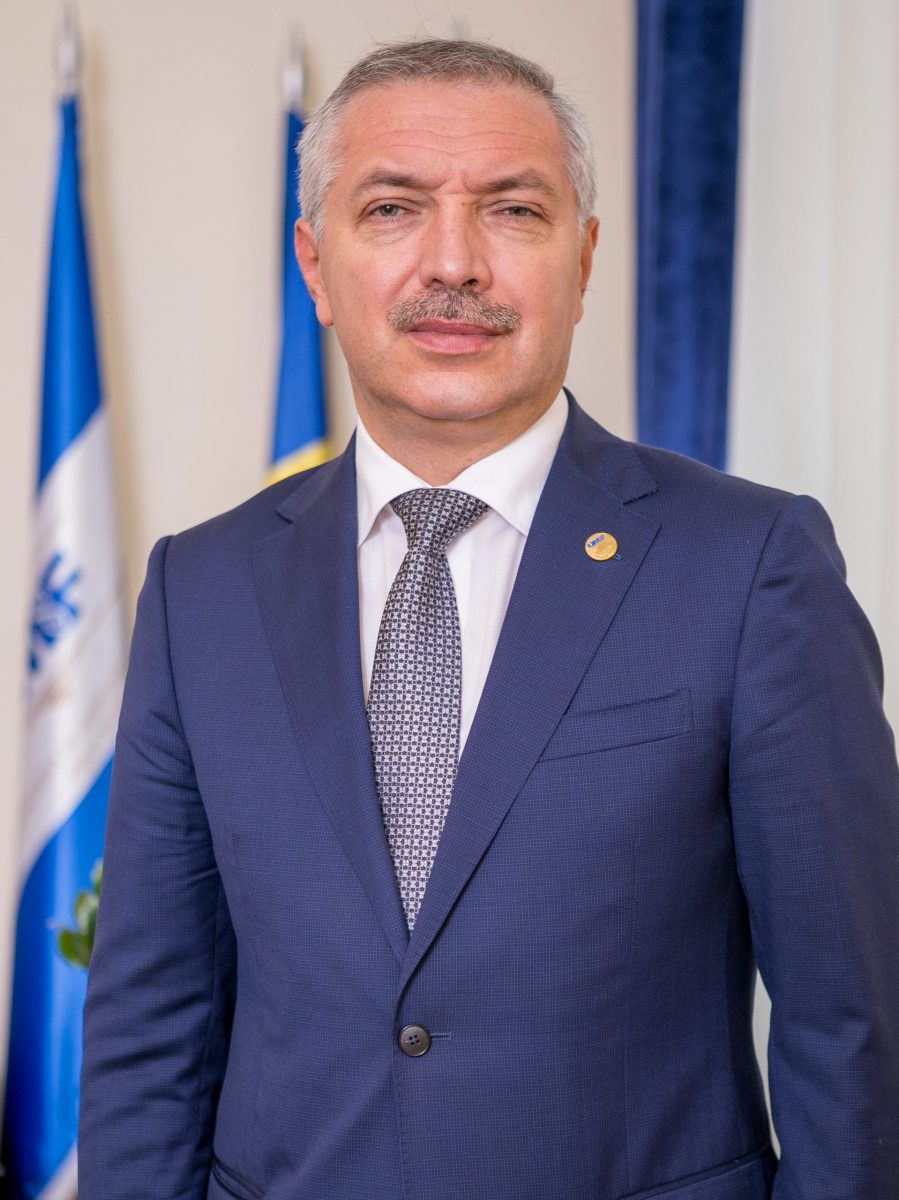
The opening of the Medicine Study Programme in English, in Hamburg, is a first for Romania, and it represents a visionary idea of the University from Transylvania, with long-term effects. At what stage are the preparations for the beginning of the academic year 2019-2020 and which are the next steps?
For the University of Medicine, Pharmacy, Sciences and Technologies of Târgu Mureș, the academic year 2019-2020 means the opening of a branch in Hamburg, Germany, which represents a success for the university, as well as for the city of Târgu Mureș. As I have highlighted on previous occasions, through this success we become ambassadors of the tradition of the Romanian school of medicine and pharmacy abroad. The quality standards of the Hamburg branch are very high, as is the educational infrastructure which will be made available for the students. The teaching staff from Târgu Mureș, who will be teaching in Hamburg, are currently working very hard on the preparation for the future academic year. A number of 150 students will be educated in English in Hamburg every year. The official opening is scheduled for September 30, 2019, and it is meant to be a landmark event for the entire Romanian academic world and beyond.
How was the idea of creating this programme in Germany, by a university from Romania, received? What kind of feedback did you get from the local German authorities, and from prospective students?
The idea of setting up a study programme in English, in Hamburg, was extremely well received, both by the authorities and by the future students and their parents, as the first admission session, successfully concluded, shows. Of the 150 places available, 35 positions have been filled. The next admission session will take place in May. The students will be studying in a modern medical campus, equipped at the highest educational standards. Some of the most important elements of the teaching activities will consist in digital learning and the use of the latest medical equipments and technology, such as the biology and chemistry laboratories, interactive virtual tables for 3D dissection, IT working points, etc.
Is this a more efficient form of internationalization than the one in which foreign students are educated in Târgu Mureș?
Within the process of internationalization, the fact that the University of Medicine, Pharmacy, Sciences and Technologies of Târgu Mureș opens a branch in Hamburg represents an extremely important objective for the team. At the same time, at UMFST Târgu Mureș we have the “early admission” session for the study programmes in English, at the Faculty of Medicine and the Faculty of Dentistry. Therefore, on the one hand, our university educates hundreds of foreign students in Târgu Mureș, within the two study programmes mentioned above, and, on the other hand, it will offer medical education for foreign students in Hamburg, one of the most attractive university centres in Germany. It is a way in which the teaching staff of Târgu Mureș carries on Romanian medicine, transferring knowledge and forming new generations of doctors.
Have you thought of the next development stages of this project in Germany, maybe of replicating the extension for Medicine and for other faculties within the university?
This project started over three years ago. There were several steps we had to follow – the ARACIS authorization process and the administrative requirements from Germany. We will carefully monitor the way the educational process is carried out in Hamburg, we will analyse the results, consider the feedback and then we will make a decision regarding this possibility.
At present, UMFST Târgu Mureș is a comprehensive unit which comprises a lot of domains within its six faculties, thus there are possibilities of cooperative activities among them. Have such activities been approached? To what extent the results of these activities will be able to bring changes in the educational landscape and beyond?
At the moment, UMFST Târgu Mureș has six faculties: The Faculty of Medicine, the Faculty of Dentistry, the Faculty of Pharmacy, the Faculty of Engineering and Information Technology, the Faculty of Sciences and Letters, and the Faculty of Economics and Law, as well as an institution for doctoral studies, which has two components: the Postgraduate School of Medicine and Pharmacy, and the Postgraduate School of Letters, Humanities and Applied Sciences. As regards the study programmes, there are 66 undergraduate and MA study programmes, and 7 fields for the postgraduate ones. It is, indeed, quite a comprehensive university, a model for other universities in the country, and it has its own special specificity due to interdisciplinary programmes, which now offer a great variety of options to students and employers interested in the medical and pharmaceutical fields. For example, the medical engineering and bioinformatics programmes within the Faculty of Engineering and Information Technology are a response to the young people who wish to become experts in an increasingly relevant field.
Within the university, what educational or scientific projects does the university have at the moment, ongoing or about to start?
At UMFST Târgu Mureș not a day goes by without a scientific, educational, social and cultural activity or event. In 2019, we aim to analyse the short-term and long-term needs of the faculties in the fields of technology and humanities, in order to revise the educational offer and to make it more suitable to the needs of the society. The private sector must become a more active component in what we do, from an educational point of view, and must have a permanent presence in our university. Given that there is such high demand in the field of human resources, it is our duty to adapt to these needs as quickly as possible, to invest in modern educational processes, in creating the conditions necessary for the students to acquire practical skills, not only theoretical ones.
UMFST Târgu Mureș has been created in order to be a university for the academic future of Mureș County, and to bring extra-value to the local community and beyond. What mechanisms of sustainability can be created in order to promote the development of the community?
In its current structure and with the opening of the branch in Hamburg, UMFST Târgu Mureș will have over 11,000 students. This is a strong, multicultural and extremely dynamic university, with education in Romanian, Hungarian and English languages. The Hamburg project places the university and the city of Târgu Mureș in a position of maximum visibility, at the international level. A strong city must have a strong university, therefore our city cannot become stronger if it does not have a high-quality educational establishment in the form of a university. I consider that UMFST Târgu Mureș represents one of the most important developmental factors for Târgu Mureș and its community. At present, at UMFST Târgu Mureș, there are students from various parts of Romania, as well as over 700 international students from 52 countries. For all of them, Târgu Mureș is like a second home, the place where they spend three, five or six years of their lives, the place where they grow into accomplished human beings and professionals. Through all these, UMFST Târgu Mureș has a great contribution to the development of the community.
By Arina TOTH
(From the special edition of TB 86 – „ENJOY TRANSYLVANIA!” – May/June 2019)

